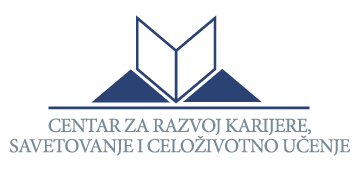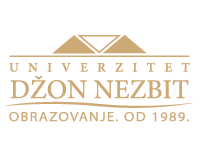No matter what the large popular acceptance regarding nation, PDRMs have been marginalised given that 1950s and you will sixties in the event the imperial techniques are engaged in brand new thorough codification and you will overhaul off the existing statutes with the aim out of ‘unifying’ and you may ‘modernising’ the new guidelines
Also, PDRMs had been applauded just like the prominent means of administering justice even after the introduction of certified composed laws and regulations: such as Fetha Nagast (the law of the Leaders) in the 15 th 100 years as well as the codes of the 1950s and you can 1960s inside the Ethiopia (Yntiso et al. 2011). Throughout the enactments codified during the time, PDRMs related to household members and you will interpretations out-of deals have been provided provided these types of practices did not contradict new Requirements. Each one of these conciliatory means have been made to be used below the brand new oversight and you may recommendation of one’s specialized courts one performed significantly less than the brand new Rules. 3347 (1)) stipulates you to: ‘Until if not expressly provided, all of the rules if created otherwise classic previously in force concerning the things provided for within this code are going to be replaced from this code and they are hereby replaced’. This has rendered all PDRMs unlawful.
Haile Selassie I, the new monarch which spearheaded this new ‘procedures out of modernisation’ and codification of your own Ethiopian statutes regarding the 1950s and you will 1960s, together with his legislative cluster, appear to have started torn midway between its propensity to help you redesign and you will modernise the brand new rules and their need to range from the rich courtroom and you can social traditions of the country as well as getting perceived on the monarch’s words as mentioned in Fetha Nagast (Tzadua and Strauss 1968:v): ‘No modern rules which doesn’t have their roots regarding customs of those just who it controls have a strong foundation’. The fresh new Requirements put at the time was, but not, highly dependent on international skills; quicker exhaustive on the blogs and breadth of your own things they covered; shorter appropriate for the latest conflict administration styles of the different ethnic and religious organizations; unreactive toward public concepts, way of life and you will demands of the people; incongruent to your multiplicity and you may diversity of adjudicative techniques and functions of those; and you will alien to most lawyers, law enforcement agencies additionally the conventional institutions (Schiller 1966; Zeleke 2010; Yntiso ainsi que al. 2011; Koang 2011). The latest statutes was and additionally inaccessible to many the population, specifically on rural people. This is shown by distance amongst the litigants additionally the judicial officials, brand new transactional will cost you from lawsuits together with duration of procedures. About term from modernising and you may unifying this new rules of your own country, ‘dream laws’ (Schiller 1966) was basically implemented with the people. Being aware on the reality, most of the people however depend on PDRMs even after the fresh new regarding brand new statutes from the 1950s and you can  1960s.
1960s.
Inside connection, this new Civil Password of your Kingdom regarding Ethiopia (1960: Art
Already, one another regulators officials and you will boffins enjoys acknowledged the brand new around the globe and regional tendency to synchronise thereby applying PDRMs in the state’s fairness program. He’s got demonstrated its union because of the hosting national and you will regional online forums, conferences and you can courses; creating research organizations and you may centers plus supporting students just who conduct search on PDRMs. The newest practical experience of your own most the individuals is within go for on the opinion. This is exactly a highly great step forward. But not, there are various factors that demand immediate focus. This particular article attempts to select the existing potential, candidates, style, pressures, dilemmas and you may barriers into category, documentation, harmonisation, legalisation and you can application of PDRMs when you look at the Ethiopia’s fairness program.

